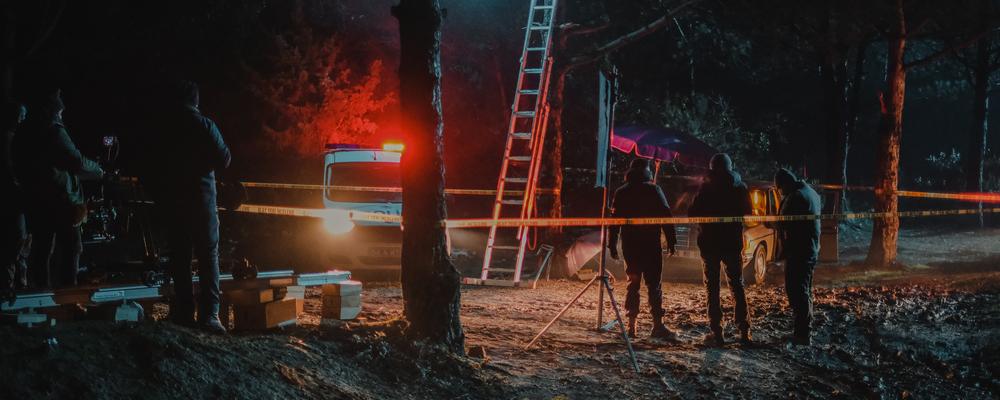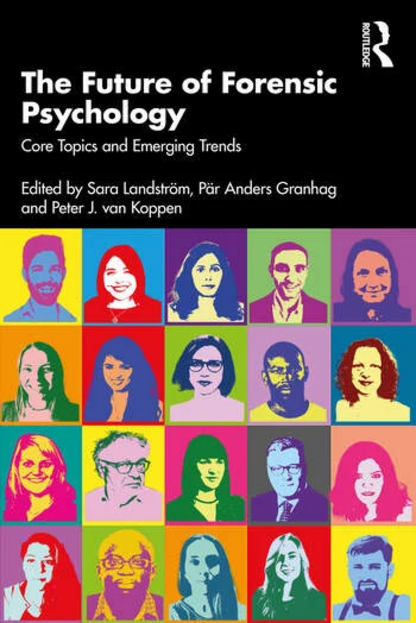
Legal Psychology
Most people want to see a well-functioning justice system, and feel confident that crimes are investigated effectively and objectively, that the guilty are held accountable, that innocent suspects are exonerated, and that victims of crime receive the support they need. In order to achieve these goals, extensive efforts are required. The Research unit for Criminal, Legal and Investigative Psychology (CLIP) makes an important contribution to a more secure society by their research on various legal psychological topics.
Our aim is to conduct research that contributes to psychological theory as well as being applicable to the legal system. The research group Research unit for Criminal, Legal and Investigative Psychology (CLIP) has, since 2000, conducted research a on a broad range of topics, unified by a direct applied relevance for the legal system. The findings have influenced legal reform work in several countries, and some of the investigative tools that our research has developed are being used by investigators worldwide. One example is the Strategic Use of Evidence (SUE) which was developed by the research group in collaboration with Swedish and international police. The technique is currently taught to interrogators in Sweden, Norway, Finland, the Netherlands and the USA.
CLIP has close and continuous contact with various authorities and organizations. This direct contact is a prerequisite for the research results to be put into practice. We have carried out many collaborations with, and seminars for, personnel within the Police Agency, the Prosecutor's Office, police academies, the Swedish Judicial Academy, the Swedish Judicial Academy, the Children's Ombudsman, the Crime Victims' Agency, the Tax Agency, the Security Police et cetera. One example of a collaborative project is the one that CLIP carried out together with the Swedish Migration Agency, in which we developed Evaluation of oral statements: Scientifically based decision-aid for migration cases, to help caseworkers evaluate the credibility of asylum seekers' stories.

Follow us on:
Members
Full professors
- Pär Anders Granhag
Witness psychology, lie detection, reliability and credibility assessments, interview and interrogation methodology - Karl Ask
Investigative psychology, social cognition, research method - Sara Landström
Reliability and credibility assessments, sexual crimes, memory, children's testimonies, investigative interviewing
Associate professors
- Timothy Luke
Interview and interrogation methodology, lie detection, statistics, research method, open science - Erik Mac Giolla
The psychology of lying, social cognition, replication studies
Senior lecturers/researchers
- Mikaela Magnusson
Investigative interviewing, memory, children's testimonies - Sofia Calderon
The psychology of lying, social cognition, replication studies - Emelie Ernberg
Memory, children's testimonies, legal decision-making
PhD students
- Lina Nyström
Investigative intreviewing, legal decision-making - Maria Gröndal
Decision-making, emotion regulation, impulsivity, irritability, ange - Charlotte Löfgren
Children's testimony, legal decision-making, reliability and credibility judgments, memory - Linnea Koponen
Children's testimony, Investigative interviewing, Picture support, interpreter-mediated interviews
International collaborations
- International Centre for Research in Forensic Psychology (External link)
- Maastricht University (External link)
- John Jay College of Criminal Justice (External link)
- The Nordic Network for research on Psychology and Law (NNPL) (External link)
- Royal Holloway Centre for the Study of Emotion and Law (External link)
- Åbo Akademi University (External link)








